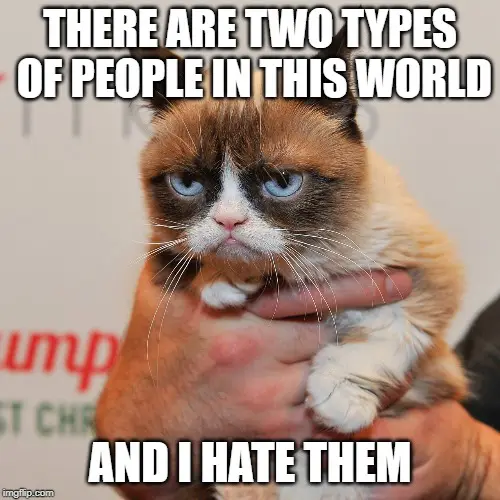A “meme” is a term first coined by British evolutionary biologist Richard Dawkins in his 1976 book “The Selfish Gene.” Originally, it referred to an idea, behavior, or style that spreads from person to person within a culture. However, in the digital age, the term has evolved to specifically denote a type of media – often an image with text, but sometimes a video or a hashtag – that spreads rapidly online, typically through social media platforms like Facebook, Twitter/X, Reddit, TikTok, and generally all extant platforms.
Memes on the digital savannah
In the context of the internet, memes are a form of digital content that encapsulates a concept, joke, or sentiment in a highly relatable and easily shareable format. They often consist of a recognizable image or video, overlaid with humorous or poignant text that pertains to current events, popular culture, or universal human experiences. Memes have become a cornerstone of online communication, offering a way for individuals to express opinions, share laughs, and comment on societal norms.

Once primarily a tool of whimsy, amusement, and even uplifit, in recent years memes have become far more weaponized by trolls and bad actors as part of a broader shift in internet culture towards incivility and exploitation. The days of funny cats have been encroached upon by the racism and antisemitism of Pepe the Frog, beloved patron saint meme of the alt-right. The use of memes to project cynicism or thinly-veiled white supremacy into culture and politics is an unwelcome trend that throws cold water on the formerly more innocent days of meme yore online.
Memes as tools of disinformation and information warfare
While memes are still used for entertainment and social commentary, they have also become potent tools for disseminating disinformation and conducting information warfare, both domestically and abroad. This is particularly evident in political arenas where, for instance, American right-wing groups have leveraged memes to spread their ideologies, influence public opinion, and discredit opposition.
- Simplicity and Virality: Memes are easy to create and consume, making them highly viral. This simplicity allows for complex ideas to be condensed into easily digestible and shareable content, often bypassing critical analysis from viewers.
- Anonymity and Plausible Deniability: The often-anonymous nature of meme creation and sharing allows individuals or groups to spread disinformation without accountability. The humorous or satirical guise of memes also provides a shield of plausible deniability against accusations of spreading falsehoods.
- Emotional Appeal: Memes often evoke strong emotional responses, which can be more effective in influencing public opinion than presenting factual information. The American right-wing, among other groups, has adeptly used memes to evoke feelings of pride, anger, or fear, aligning such emotions with their political messages.
- Echo Chambers and Confirmation Bias: Social media algorithms tend to show users content that aligns with their existing beliefs, creating echo chambers. Memes that reinforce these beliefs are more likely to be shared within these circles, further entrenching ideologies and sometimes spreading misinformation.
- Manipulation of Public Discourse: Memes can be used to distract from important issues, mock political opponents, or oversimplify complex social and political problems. This can skew public discourse and divert attention from substantive policy discussions or critical events.
- Targeting the Undecided: Memes can be particularly effective in influencing individuals who are undecided or less politically engaged. Their simplicity and humor can be more appealing than traditional forms of political communication, making them a powerful tool for shaping opinions.
Memes in political campaigns
Memes have been used to discredit candidates or push particular narratives that favor right-wing ideologies. Memes have also been employed to foster distrust in mainstream media and institutions, promoting alternative, often unfounded narratives that align with right-wing agendas.


While often benign and humorous, memes can also be wielded as powerful tools of disinformation and information warfare. The American right-wing, among other political groups globally, has harnessed the viral nature of memes to influence public opinion, manipulate discourse, and spread their ideologies. As digital media continues to evolve, the role of memes in political and social spheres is likely to grow, making it crucial for consumers and citizens to approach them with a critical eye.





